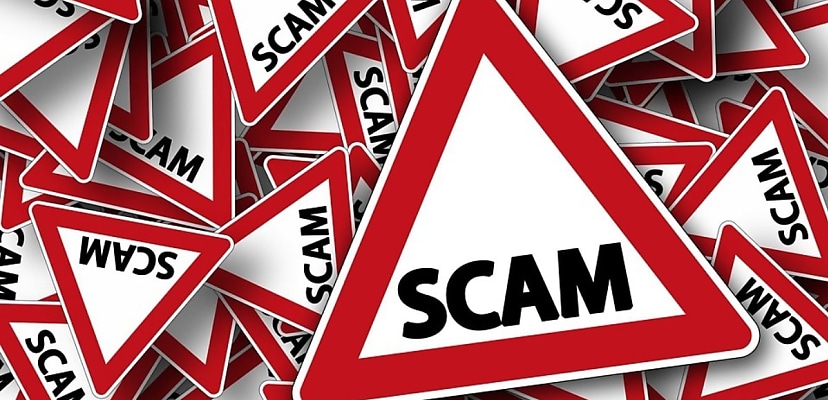Share this article on:
Powered by MOMENTUMMEDIA
Breaking news and updates daily.
In conjunction with Scams Awareness Week, the Australian Mobile Telecommunications Association (AMTA) has released its top tips for remaining cyber safe in a world increasingly dependent on technology and online connectivity.

According to the AMTA, Scamwatch saw 286,000 reports over 2021, with losses reaching $324 million for the year. The last 12 months has seen a dramatic increase in cyber crime and scams, with losses having reached $381 million by August alone.
According to the Australian National University (ANU), trust in the data privacy measures of institutions, particularly telecommunications companies, has declined majorly.
“Australia’s mobile telecommunications industry is focused on stopping scams from reaching consumers, so that their information is protected, and they feel safe using their devices,” says the AMTA.
“For example, since late 2020, mobile network operators have blocked over half a billion scam calls. The mobile operators share information about scams with other telecommunications companies and report identified scams to authorities.”
In an effort to combat the rising frequency of scams, the AMTA has released a document containing the best practices for minimising risk around scams.
“While the mobile industry has prevented the delivery of millions of scam calls and text messages, the best prevention is knowing how to detect and avoid scams when they pop up.”
Be on the lookout for impersonations
The AMTA suggests not replying to messages or contact received from entities that cannot be verified, particularly when it relates to personal or financial information.
Scammers may send links or ask for personal information while impersonating someone you know.
In the event that someone asks for sensitive data or sends you a link claiming to be a loved one or someone you know, contact them for verification in person, or with a phone number you can trust.
Protect personal information
Certain information should never be shared with anyone, such as PINs, passwords, bank details and credit card details. Banks will never ask for your username or password, so if prompted to do so via an email or text, ignore it and report it to Scamwatch.
It is also worth bolstering your account security with two-factor authentication, which requires you to verify yourself a second time, likely with another device or another connected account such as an email.
Be careful what you install
Only use trusted sources for downloading and installing content. Any app found on the Apple Store or Google Play Store is generally safe, however, downloading apps from third-party sources is incredibly risky, as the permissions they ask for and what they will do to your device and information cannot be controlled.
Apps that require you to log in using an existing account of another service, such as Facebook or Gmail are more and more common. As good practice, make sure to regularly monitor and maintain which services have access to your Facebook account, and disconnect from unused services.
Up your security level
Most devices, such as laptops and mobile phones, have built in security functionality. Having a more recent mobile phone or other device is better for security purposes, as companies generally stop updating security on older devices.
Make sure to update your phone every few years, as per how long security support is for your device manufacturer, and make sure to use anti-virus software if applicable, according to the AMTA.
[Related: Hackers harvesting customer data via exploiting Microsoft Dynamics 365]
Be the first to hear the latest developments in the cyber industry.